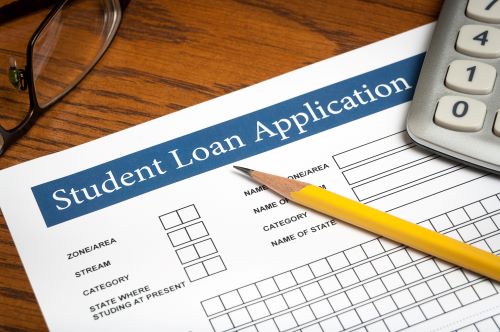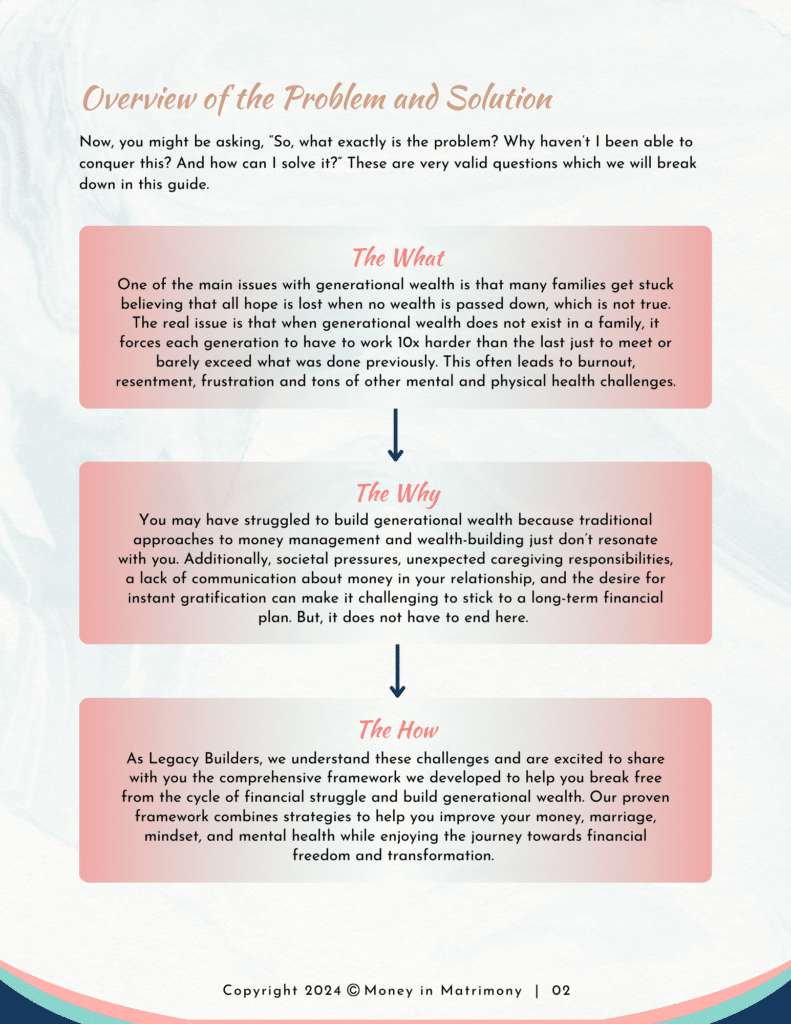10 ADHD Money Hacks for Millennial Couples
This post may contain affiliate links which means that I will receive a small commission for purchases made through those links, at no cost to you.

Managing money can be a challenge for any couple, but for millennial couples dealing with ADHD, financial organization and long-term planning can feel especially overwhelming. ADHD (Attention-Deficit/Hyperactivity Disorder) affects attention, impulse control, and executive functioning, making traditional budgeting methods less effective. However, with the 10 ADHD money hacks we will share with you today, millennial couples can still take control of their finances and build a future of financial stability and success. These tips are designed to reduce stress, improve financial communication, and create systems that actually work for you.
1. Start With Short, Focused Money Dates
Those with ADHD often thrive on short bursts of attention and can struggle with long, drawn-out conversations. Instead of having marathon discussions about finances, try having short, focused money dates. Set aside 15-20 minutes each week to talk about your finances, review expenses, and adjust your budget. Create a no-distraction zone where you and your partner can focus solely on the conversation. This means turning off the TV, putting away your phone, and finding a quiet space to talk.
Pro Tip: Keep your money dates fun and positive! Reward yourselves afterward with a favorite snack or a small celebration to keep it light and enjoyable.
2. Use Visual Tools to Track Spending
People with ADHD are often visual learners, so creating a visual spending tracker can help keep finances front and center. You can use colorful charts, graphs, or apps that visually display your spending habits and savings progress.
Apps like YNAB (You Need a Budget) or Mint can help by categorizing expenses and showing where your money is going in easy-to-read graphs and charts.
3. Automate Payments and Savings
One of the easiest ADHD-friendly strategies is to automate as much as possible. Set up automatic payments for bills, so you don’t have to worry about missing due dates. Automate your savings by setting up direct transfers from your checking account to a savings account.
Automation removes the need for constant decision-making and helps you stay on top of bills without the stress of remembering due dates.
4. Break Financial Goals into Smaller, Manageable Steps
People with ADHD often get overwhelmed by large, long-term goals, which can lead to procrastination. Break your financial goals down into small, manageable steps. Instead of focusing on saving $10,000, focus on saving $500 per month, or even $125 per week.
By breaking goals into smaller chunks, you’ll experience frequent wins, which will keep you motivated and focused on reaching your bigger financial goals.
5. Set Up Reminders and Alerts
ADHD can make it difficult to remember important tasks, like paying bills or sticking to a budget. Use your phone or financial apps to set reminders and alerts. You can schedule alerts for bill due dates, when you’re getting close to overspending in a category, or when you need to check in on your budget.
Having regular reminders ensures you stay on track, even when life gets busy.
6. Use Cash or Digital Envelopes for Discretionary Spending
One of the best ways to control impulse spending is by using the envelope system. With this method, you allocate a certain amount of cash to each spending category (like groceries, entertainment, or dining out). Once the cash is gone, you can’t spend any more until the next period.
This physical or digital, hands-on approach makes it easier to control spending because you can literally see when the money is running out.

7. Leverage Hyperfocus for Financial Wins
People with ADHD often experience periods of hyperfocus, where they can concentrate intensely on one task for long periods. Take advantage of these hyperfocus periods by working on a specific financial task, such as setting up your budget for the month or organizing your financial documents.
Use these moments to knock out big financial projects, like planning for a large purchase or reviewing your long-term goals.
8. Practice Financial Transparency as a Team
Couples dealing with ADHD can benefit from having complete financial transparency. This means both partners have access to all accounts, and there’s regular communication about spending habits, income, and upcoming expenses. ADHD can sometimes lead to impulsive or forgetful spending, but transparency keeps both partners in the loop.
Knowing where the money is going helps reduce misunderstandings and makes it easier to adjust spending if needed.
9. Celebrate Small Financial Wins Together
Those with ADHD respond well to positive reinforcement. Instead of waiting until you’ve hit a massive financial milestone, celebrate small financial wins along the way. Did you stick to your budget for the week? Celebrate with a fun (but budget-friendly) outing. Paid off a small debt? Treat yourselves to a movie night at home.
By celebrating these moments, you’ll build positive momentum and reinforce good financial habits.
10. Seek Professional Help if Needed
If you find that ADHD is significantly impacting your ability to manage your finances, don’t hesitate to seek help from a financial advisor or ADHD coach. They can provide tailored advice and strategies to help you stay on track. Sometimes, the best strategy is to ask for support!
By embracing these strategies, millennial couples with ADHD can move toward financial success without the overwhelm. Focus on progress, not perfection, and you’ll be well on your way to managing money like a pro.
Conclusion: Building a Financially Sound Future as a Couple with ADHD
Managing money as a couple can be tough, especially when ADHD is part of the equation. However, with these 10 ADHD money hacks, you can take control of your finances in ways that work for both partners. Whether it’s setting up automated payments, breaking down goals into smaller steps, or using visual tools to track spending, these strategies will help you create a system that fits your unique needs.
Remember, financial management is a journey, and with each step you take, you’ll become more confident and in control of your financial future. So take a deep breath, communicate with your partner, and implement these ADHD-friendly money management tips to build a stronger financial foundation together.








